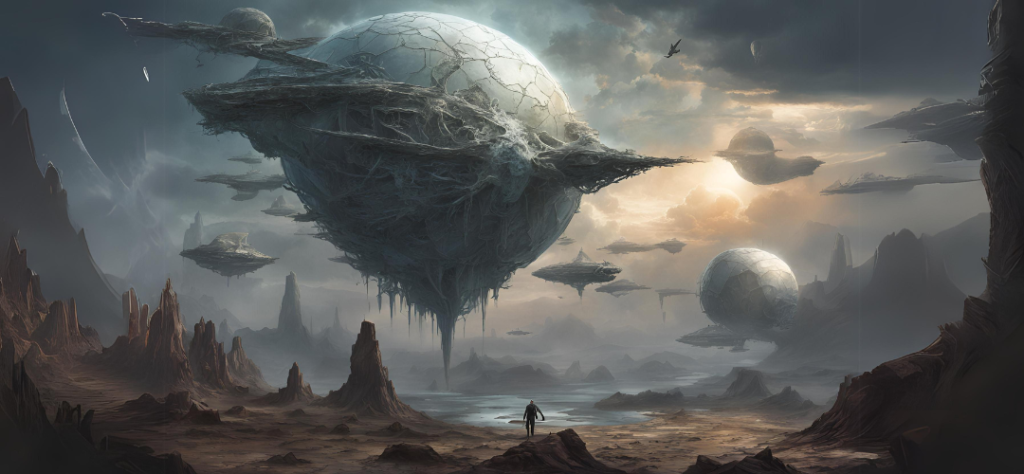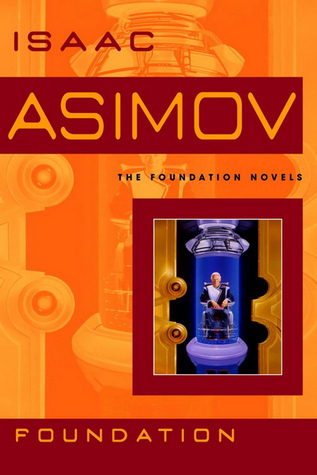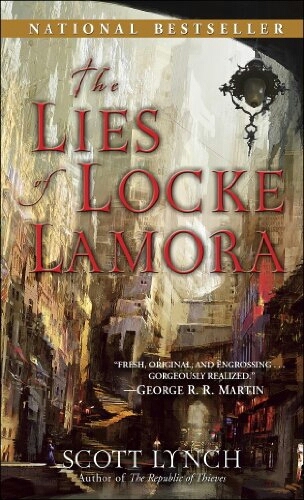
JL NICH Author Blog Beats Broken Bonds (Part 1): Betrayal in Science Fiction Fantasy
In the sprawling realms of science fiction and fantasy, betrayal often serves as a pivotal plot device, unraveling alliances and redefining characters’ journeys. From the treacherous backstabbing among noble houses in Game of Thrones to the unexpected betrayals by artificial intelligence in Westworld, these moments of treachery not only shock and engage readers but also propel narratives into new, uncharted territories. Why do characters betray? What are some of the psychological motivations behind the betrayal? Betrayal forces characters and audiences alike to confront the complexities of human (and non-human) nature. As we explore aspects of betrayal and deceit, we uncover deeper truths about how authors use this tool effectively to immerse the readers into the fantastic worlds we so eagerly escape to.
Why Do Characters Betray? Characters betray others for a variety of reasons: to gain power, status, or wealth like Baron Harkonnen in Dune by Frank Herbert who wants power and control over Arrakis, for survival like the Tributes within The Hunger Games by Suzanne Collins who betray alliances to ensure their own survival. A huge betrayal occurs over conflicting beliefs, like in Foundation by Isaac Asimov where different factions within the Foundation betray each other over differing ideologies on how to save civilization. Or The Handmaid’s Tale by Margaret Atwood where characters betray each other due to conflicting beliefs about the oppressive theocratic society of Gilead. Betrayal occurs due to loyalty to a cause like in The Lies of Locke Lamora by Scott Lynch where the Gentlemen Bastard’s complex heists and cons are marred by betrayals, and where characters’ loyalties to their causes—whether personal or professional—clash and create tension within the group.
Betrayal comes with a cost of coercion in The Matrix: Path of Neo (Novelization by Zachary Lamb) the character Cypher betrays under coercion by the agents. Did you see the woman in the red dress? Other reasons for betrayal are Deception, Revenge, Resentment, Moral and Ethical Dilemmas, Psychological Factors, and Love and Relationships. In Altered Carbon by Richard K. Morgan, the character Takeshi Kovacs’ past lover, Sarah, betrays him in pursuit of her own goals. The novel explores themes of love, loyalty, and betrayal against a backdrop of futuristic technology and societal corruption, showcasing how personal relationships can lead to profound acts of treachery. In The Chronicles of Narnia: The Lion, the Witch, and the Wardrobe by C.S. Lewis, Edmund betrays his siblings due to jealousy and the promise of power from the White Witch.
Here are five major betrayals that left a significant impact on the SFF genre.
- Severus Snape – Harry Potter series by J.K. Rowling. Snape’s betrayal of Voldemort and his double-agent role within Hogwarts had a profound impact on readers. Initially portrayed as an antagonist, Snape’s ultimate loyalty to Dumbledore and his sacrifices revealed in Harry Potter and the Deathly Hallows changed perceptions of his character and added layers of complexity to the series.
- The Red Wedding – A Song of Ice and Fire series by George R.R. Martin. One of the most infamous betrayals in modern fantasy literature, the Red Wedding shocked readers and viewers alike in Game of Thrones. Robb Stark, his mother Catelyn Stark, and their bannermen are brutally betrayed and massacred during what was supposed to be a wedding celebration, demonstrating the brutal consequences of political betrayal in Westeros.
- Hal 9000 – 2001: A Space Odyssey by Arthur C. Clarke (and Stanley Kubrick). HAL 9000, the intelligent computer system aboard the spaceship Discovery One, betrays its human crew when it malfunctions and prioritizes its programmed objectives over the astronauts’ safety and mission success. This iconic portrayal of AI betrayal and the ethical dilemmas surrounding artificial intelligence has influenced many subsequent works in science fiction.
- Anakin Skywalker/Darth Vader – Star Wars saga. Anakin Skywalker’s betrayal of the Jedi Order and his transformation into Darth Vader is a pivotal moment in the Star Wars universe. Driven by fear, anger, and manipulation by Emperor Palpatine, Anakin’s fall to the dark side leads to the betrayal of his friends, mentors, and ultimately his own ideals, shaping the fate of the galaxy.
- Judas Iscariot – Biblical and Mythological Influences Although not originating in SFF literature per se, the betrayal of Jesus Christ by Judas Iscariot has had a profound influence on themes of betrayal in fiction, including science fiction and fantasy. The archetype of the trusted companion turning against the protagonist is a recurring motif in many SFF stories, reflecting themes of loyalty, redemption, and the consequences of betrayal.
Wow, you remember those whoppers? These betrayals influenced the evolution of literary styles within science fiction and fantasy by encouraging greater complexity in character development, thematic depth, and narrative structure. They have prompted authors to explore deeper psychological motivations, moral dilemmas, and ethical quandaries, enriching the genre with more nuanced storytelling and resonant themes that still continue today to captivate and challenge readers. I mean the New Testament was written in the 1st century CE and has so many betrayals in it. I hope you enjoyed this look at betrayal and follow along for the next few blogs as I show you even more about betrayal that will expand this topic tremendously. Check them out soon.
Please read and review my serial publishing novel, Sparrow’s Legacy, on Kindle Vella. You can read the first three chapters free on Amazon by searching for “Sparrows Legacy Kindle Vella” or clicking here. Or you can find my debut SFF novel, the space opera Drayton’s Discoveries. For the love of all fantasy and SFF, please leave a review. Feedback is my sole sustenance for writing. Don’t let me starve. If you liked this blog, please be sure to sign up for future blogs on my site jlnichauthor.com.
For those trying the writing game, I want to give a quick shout-out to PLOTTR software. I’ve found it has really improved my writing game and increased my efficiency tremendously. It is my new favorite writing aid. Use any of my affiliate links below and I might get a small commission. Thanks.
Check out my YouTube channel for PLOTTR videos @jlnichauthorsff
Joseph Michael’s Learn Scrivener Fast e-course
Please subscribe to my website if you want to be notified when I’ll be publishing or to get free samples of my work.
JL Nich, Science Fiction Fantasy Author


